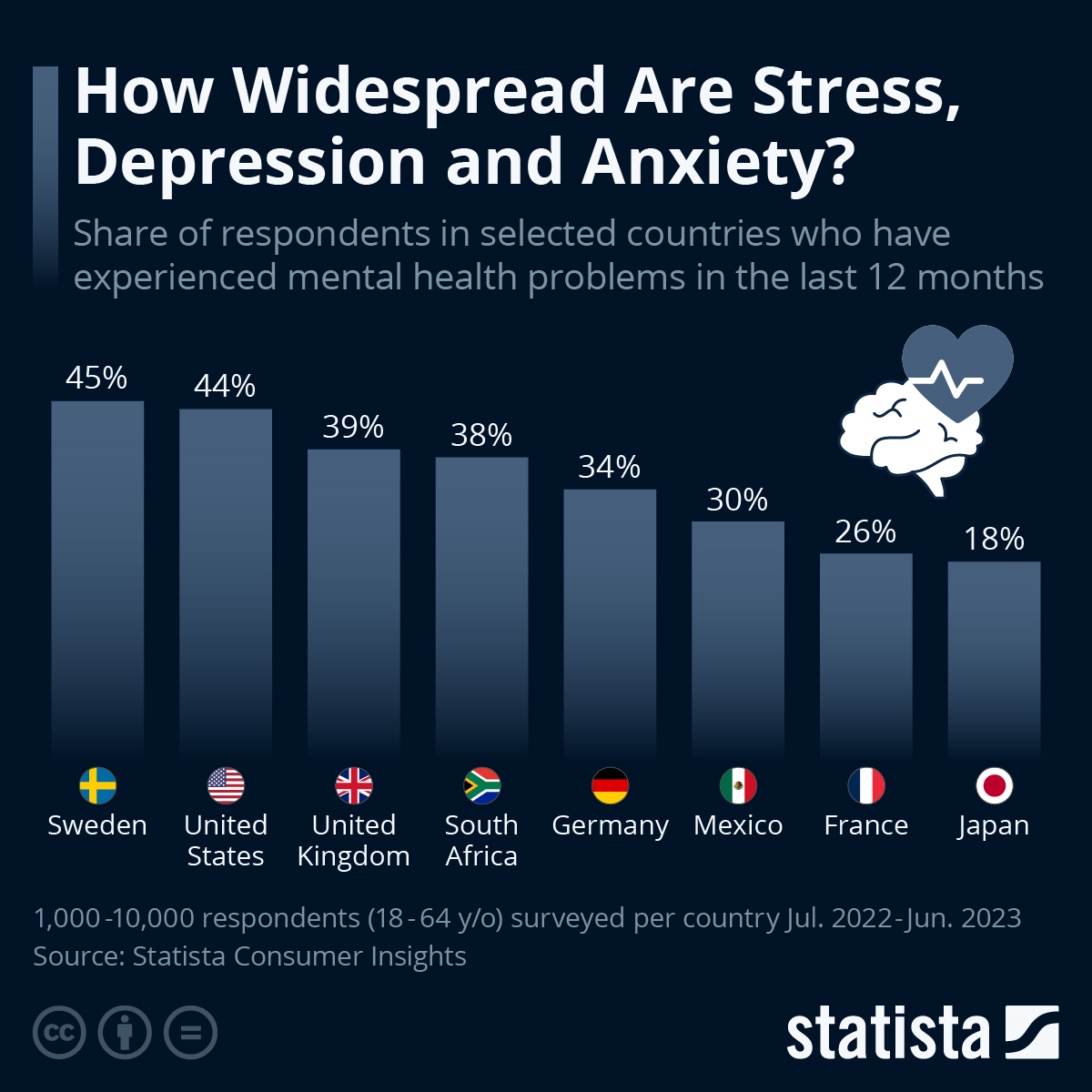World Mental Health Day falls on October 10 and this year its theme is Mental Health is a Universal Human Right. As Dr Poonam Khetrapal Singh, WHO Regional Director for South-East Asia, explains, this means: "Every individual, regardless of their location, occupation, or identity, is entitled to achieve the highest attainable level of mental well-being. This encompasses the entitlement to safeguard oneself from mental health risks, access to mental health care that is readily available, easily accessed, and of high quality, as well as the entitlement to freedom and involvement within their community."
While awareness around the topic of mental health has improved significantly in recent years, the WHO states that there is still some way to go in terms of societal attitudes and governmental policies. This includes recognizing that mental health overlaps with multiple aspects of life, including education, employment, housing, and social participation and that more work needs to be done to continue to destigmatize mental health issues as well as to further improve access to mental health services and facilities for all.
The following chart looks at how widespread mental health issues are around the world. According to a survey by Statista Consumer Insights, nearly half of the respondents interviewed in Sweden reported having experienced mental health problems such as depression, stress or anxiety in the twelve months prior to the poll. The share was comparatively lower in countries such as Mexico, India, France and China. However, with this data alone it is hard to tell to what extent these figures are reflective of the mental health prevalence in various countries or the degree to which there is social acceptance and discourse around the topic.
According to the UN, millions of people worldwide are suffering due to mental health issues and it is estimated that one in four will experience a mental health problem in their lifetime.





















